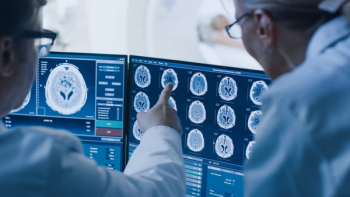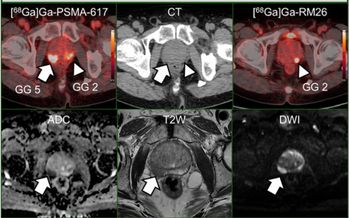
MITA Unveils Dose Reduction Initiative
The Medical Imaging and Technology Alliance introduced a dose-reduction initiative aimed to ensure only authorized operators can alter the controls of a CT scanner.
The Medical Imaging and Technology Alliance introduced a dose-reduction initiative aimed to ensure only authorized operators can alter the controls of a CT scanner. The CT Access Control Standard is an industry-wide standard that will require the establishment of administrative privileges, access levels, and the recording of clinical protocols to ensure appropriate use, according to the organization.
The CT Access Control Standard was one of several industry-led safety initiatives MITA highlighted, which are aimed at reducing radiation exposure from medical imaging exams. Other innovations include:
• Automatic exposure controls automatically adjust the amount of X-rays to achieve the desired image quality.
• Advances in adaptive software filtration and iterative reconstruction allow manufacturers to selectively reduce noise while preserving edges.
• Beam filtration and collimation help minimize exposure to photons that do not contribute to the quality of an image.
• In nuclear medicine, advanced detector materials and electronics as well as image reconstruction algorithms allow clinicians to administer less radiopharmaceutical.
• Advance digital radiography detector materials such as cesium needle phosphor improve image quality and reduce dose for digital radiography.
• Quality control, dose management, and information tools and instructions are being developed to aid facilities in dose management, participation in dose index registries such as ACR’s, and management of equipment settings.
Newsletter
Stay at the forefront of radiology with the Diagnostic Imaging newsletter, delivering the latest news, clinical insights, and imaging advancements for today’s radiologists.













